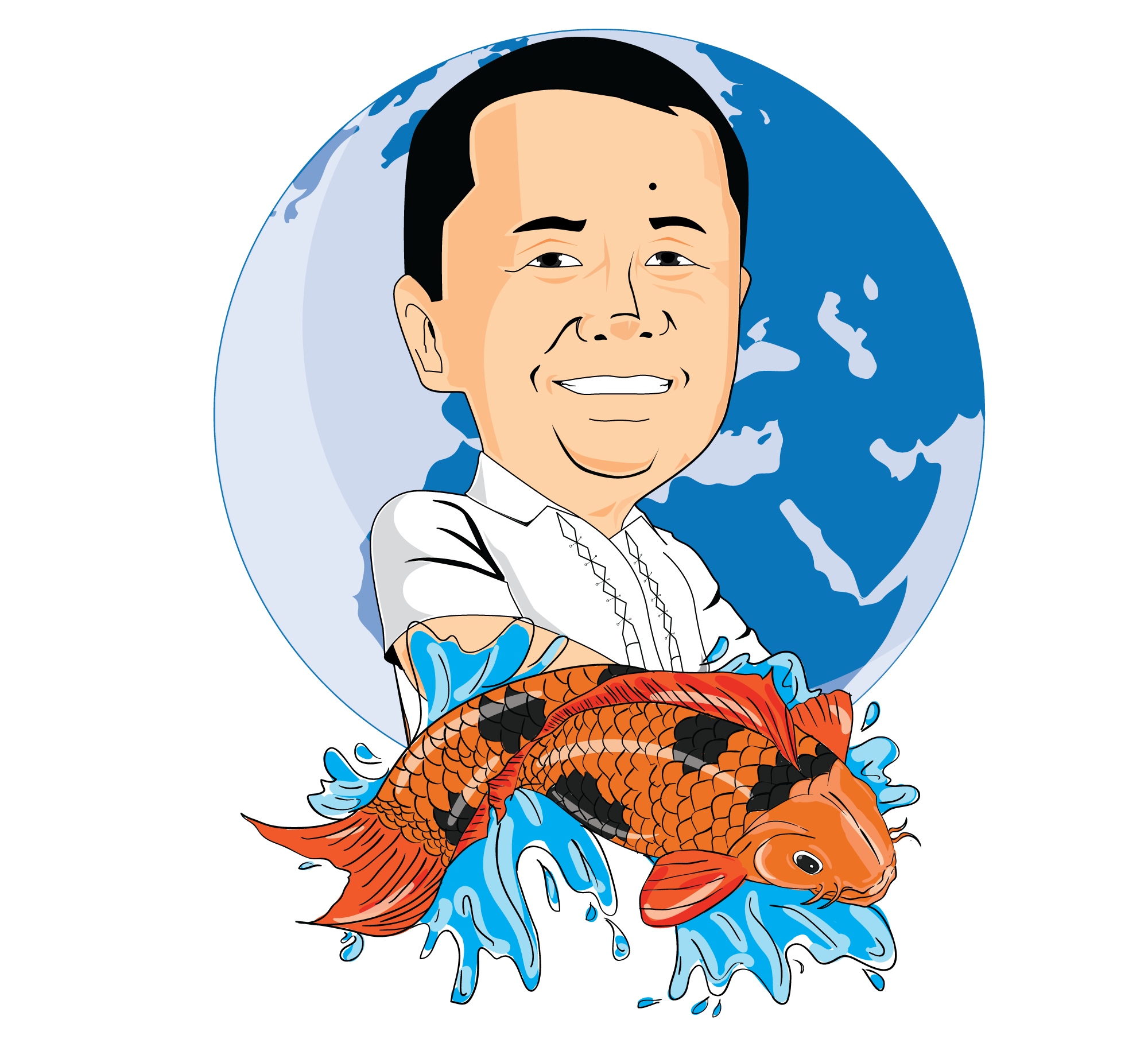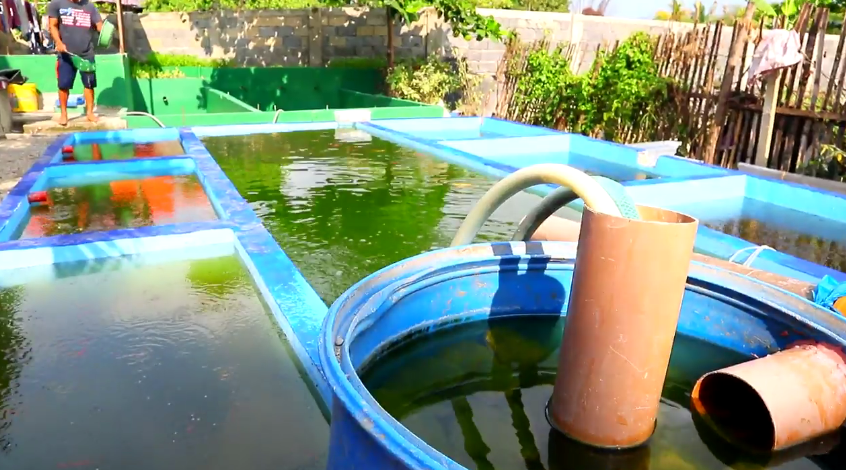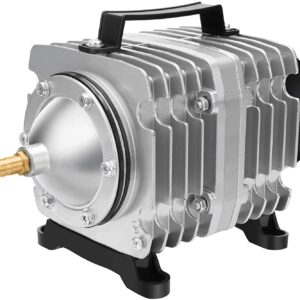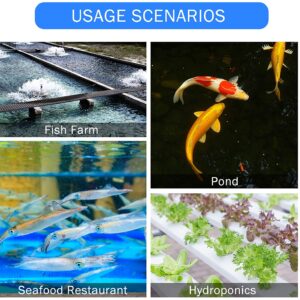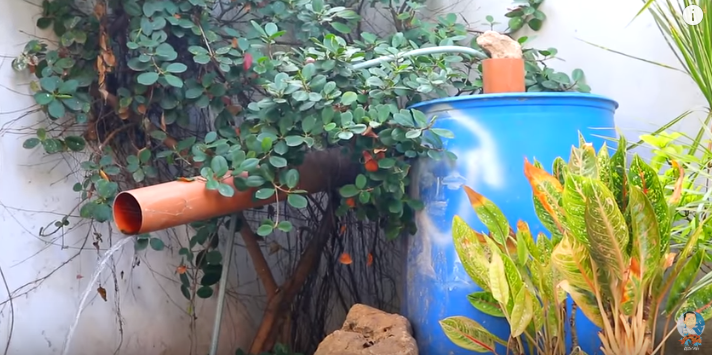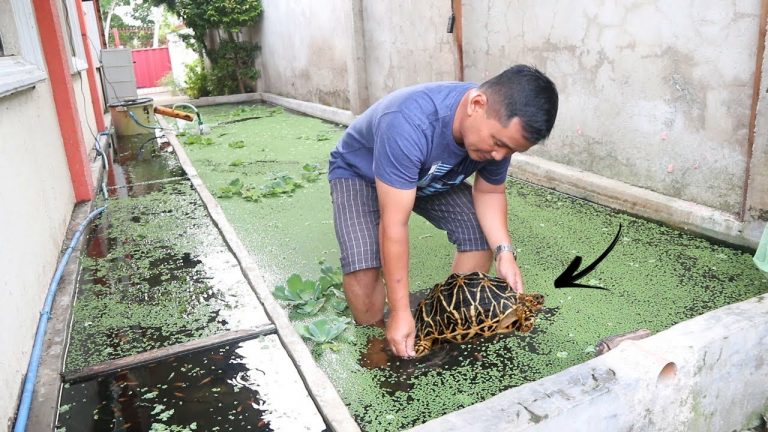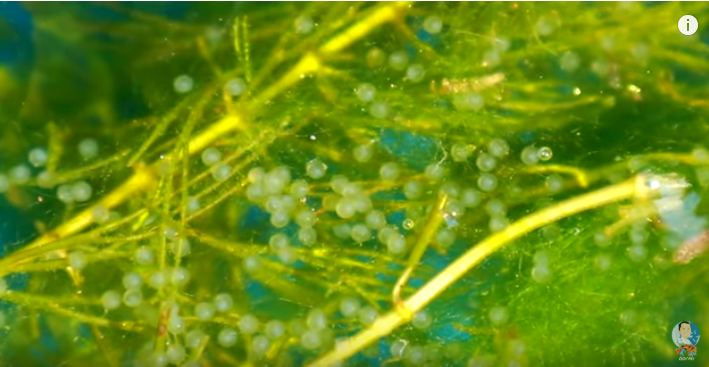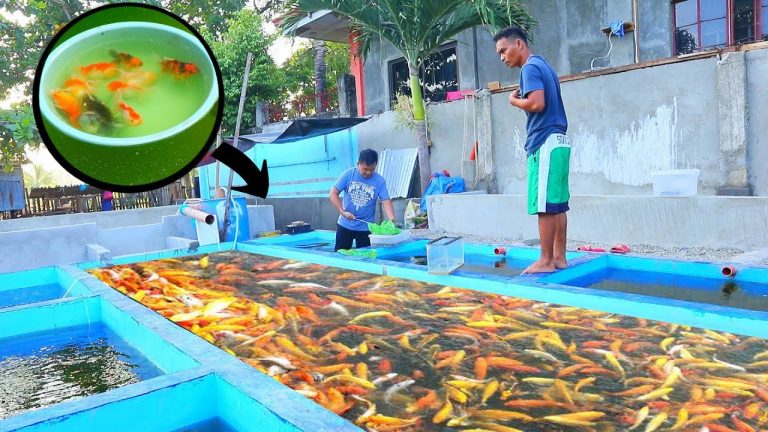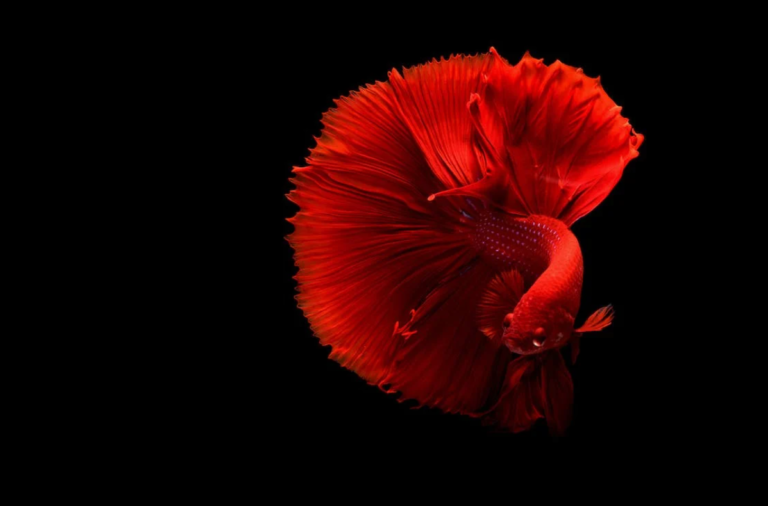Caring for your Fishes: Proper Pond Oxygenation
Oxygenation is one very, very important factor that an owner has to consider. This can never be depleted in the everyday agenda. You have to check if your fish are receiving the proper oxygen that they need to get through the day.
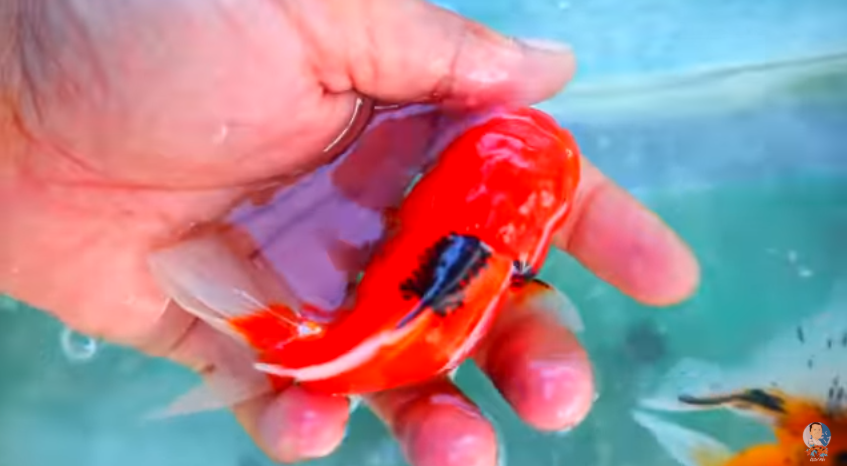
Pond fishes are very delicate to handle. Proper caring for fishes inside your pond requires daily maintenance. Unlike fishes that are living freely amongst the different bodies of water, pond fishes require more special attention. Because all they do is swim and wait for food to be served, there are only few details on how to check if your fish is feeling sick or if they are given proper care.
Let me share with you a vlog I made few months ago about how I went about making sure that my fish gets the proper care they deserve. I made sure they are properly oxygenated. Watch the vlog HERE
Proper oxygenation is needed especially during the summer when oxygen is rapidly depleting. The scenario would be like this: During summertime, the water in your fish pond becomes warm because of the heat that
rotates around your surroundings. And as the water becomes warm, the lesser oxygen it holds. Ironically, fishes during summer tend to metabolize food faster than any other season. This has made more reason to need an increased amount of oxygen. Good thing if you have only a minimal number of fishes living inside your pond. You don’t have to worry about their oxygenation. Although, if you really love collecting fish and every single kind of fish is situated inside your pond, and sadly, your pond is just the size of your bath tub, this will result to grievous problem. It’s because the more fish there is inside a small pond, the more oxygen is needed. When oxygen becomes depleted, your fishes can experience insurmountable amount of stress and can turn diseased. Some may occasionally die.
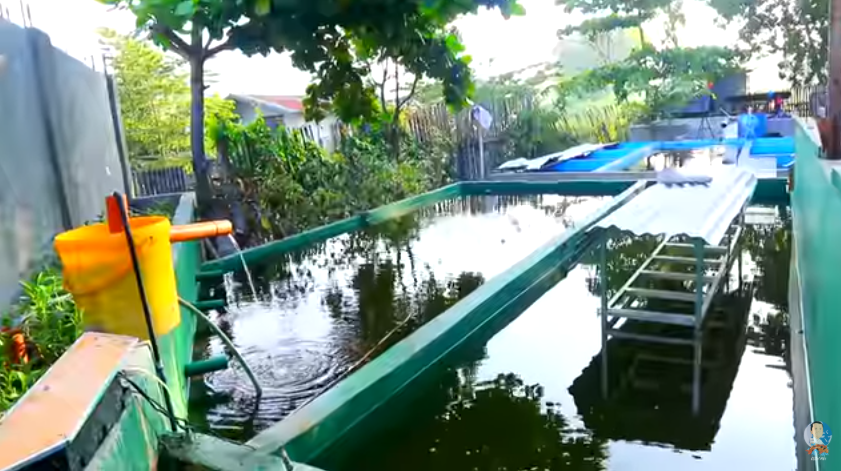
Another factor that increases the depletion of oxygen is that when fishes are over fed. Obviously, when fishes tend to be fed in a large amount, there are two things that can be expected: one, there is a greater need for oxygenation because of rapid and increased metabolism of food; two, when fishes can no longer eat the food, it will be suspended inside the pond permanently and organisms living inside the food tend to decompose waste which still consumes oxygen.
You’ve learned the principles on proper pond oxygenation. But still having problem with oxygenation? Keep posted as I will share will share with you tomorrow the simple but practical measures to solve such problems.
Check out our website for available fish keeping stuff you need.
